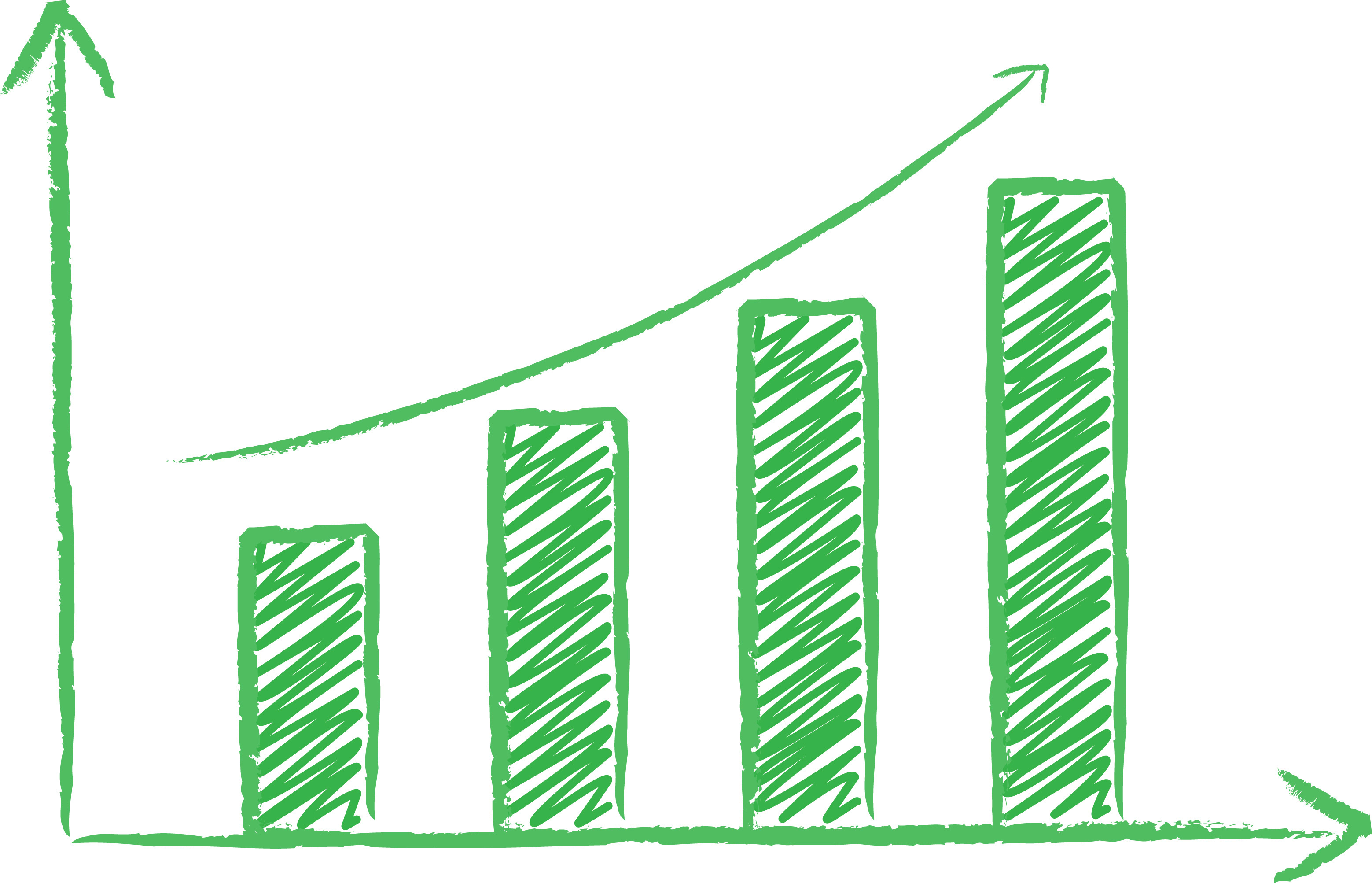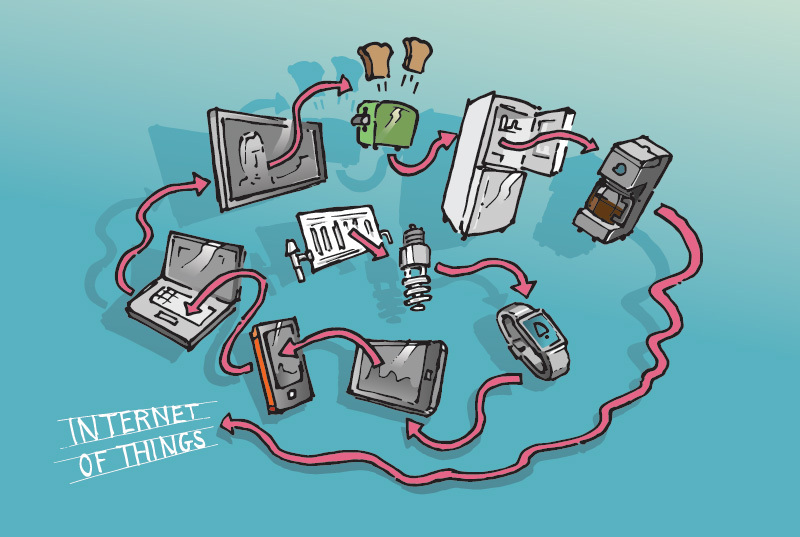Orion Jones
Managing Editor
Get smarter, faster, for success in the knowledge economy. Like us on https://t.co/6ZFWKpoKLi or visit https://t.co/d7r7dG2XOq
Telling your friend how a TV show, movie, or piece of live theatre ends may incur his or her wrath, so determined are we to preserve the element of surprise.
Predictions that the global population would level off later this century may prove false, reviving a debate about how to grow national economies while protecting environmental resources.
Combining alcoholic drinks with caffeine causes people to drink more for a variety of reasons, say psychological researchers from several American universities.
Meat consumption is increasingly seen as a health risk, an environmental risk, and a misuse of precious land and water resources.
Boarding an airplane is painfully slow, and while the back-to-front method used by most airlines is an intuitively good way to get people into their seats quickly, the results are mostly disastrous.
Having a do-to list for other people also helps circumvent the dreaded task of networking.
The American stock markets have all opened with gains this morning and the Economist reports this is likely due to the wave of GOP victories in the midterm elections.
Besides the political fallout from yesterday’s midterm elections, America’s long war against recreational marijuana is slowly but steadily coming to an end.
Giving birth doesn’t seem likely to augment the finely tuned fitness of a professional athlete, but having a child may favorably change the physical and hormonal composition of mothers.
Futurists who believe endlessly in the miracle of technology are seizing on the approaching Internet of Things as the next harbinger of leisure, independence, and fun in the sun.
Even if our behavior is in some sense determined by forces unavailable to the conscious mind, people are willing to uphold their belief in free will.
When it comes to choosing a mate, a new study form the University of Toronto argues that people overestimate their willingness to reject unsuitable romantic partners.
If learning institutions have become money machines, where does that leave their educational mission?
Psychologists recognize a thin line between creative genius and destructive psychopathy: general intelligence and so-called diversifying experiences that happen in childhood or young-adulthood.
Through a clever experiment, researchers at the Massachusetts Institute of Technology have arrived at a closer understanding of the foundation of the human imagination.
Both men and women with two or more children outperformed their peers who had one child or were childless.
Ever since the arrival of agriculture, and more recently, cubicles, modern society has begun selecting for those who can interest themselves in the repetitive, or least force themselves to tolerate it.
Children from intact families are more likely to be competitive in today’s economy because their parents tend to spend more money on their education.
STEM careers and technology start-ups are all the rage, but national labor statistics present a different reality: most job growth will occur in fields that require far different skill sets.
Entrepreneurs who commit themselves to the trade, attempting to build another business if their first one (or two) fail are more likely to succeed.
While rain on election day is known to keep people indoors, i.e. not voting, those who do come out to vote are more likely to vote for the incumbent
In the future robotic utopia, grandma and grandpa will have electronic helpers around the house to fold the laundry, collect the dirty dishes, or straighten a necktie.
Will future historians condemn our present era as barbaric because our political institutions have failed to take bold steps toward halting the flow of greenhouse gasses into the atmosphere?
Despite laws that prohibit discrimination against women in the workplace, a gap persists in what men and women receive in compensation for equal work.
While plenty of criticism is leveled at contemporary business practices that focus on short-term, i.e. quarterly, profit, this way of doing business is a historical aberration.
The data automatically stored on your portable devices can easily be used to uncover your personal secrets, says electronic security expert Bruce Schneier.
Sometimes it’s important to do absolutely nothing at work, or least not the job you’re supposed to be doing.
Researchers have found that consuming high levels of antioxidants–specifically the kind present in dark chocolate–can improve the memory of aging persons by up to twenty-five percent.
Understanding the relationship that Abraham Lincoln had with the press, which was then limited entirely to newspapers, helps put our current obsession with the news media in historical context.
Changing trends in how American undergrads choose their college major reflect broader social trends, argues Mark Shiffman, an associate professor of humanities at Villanova University.





























